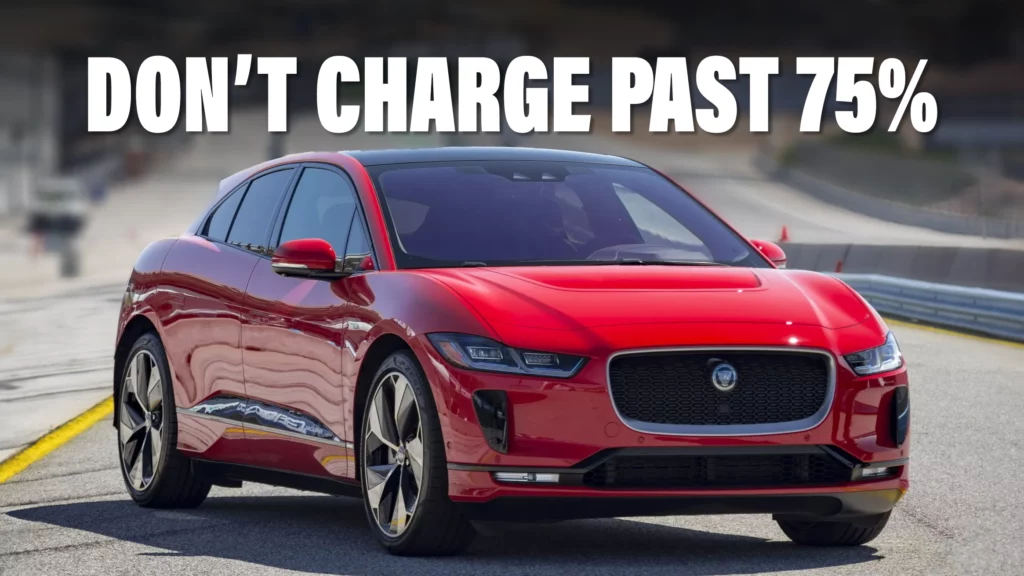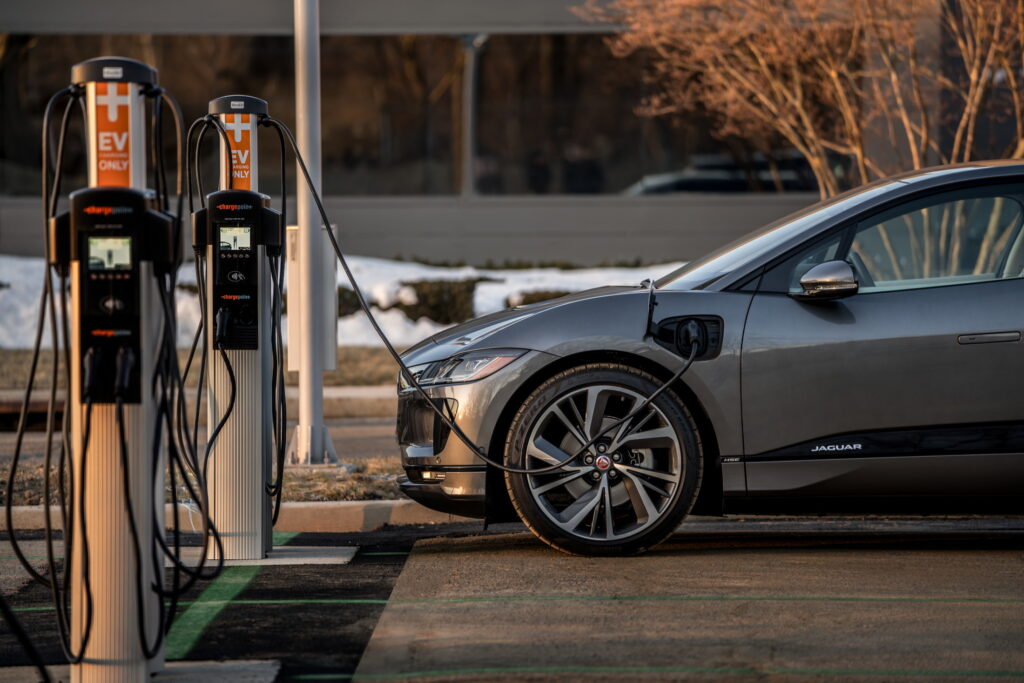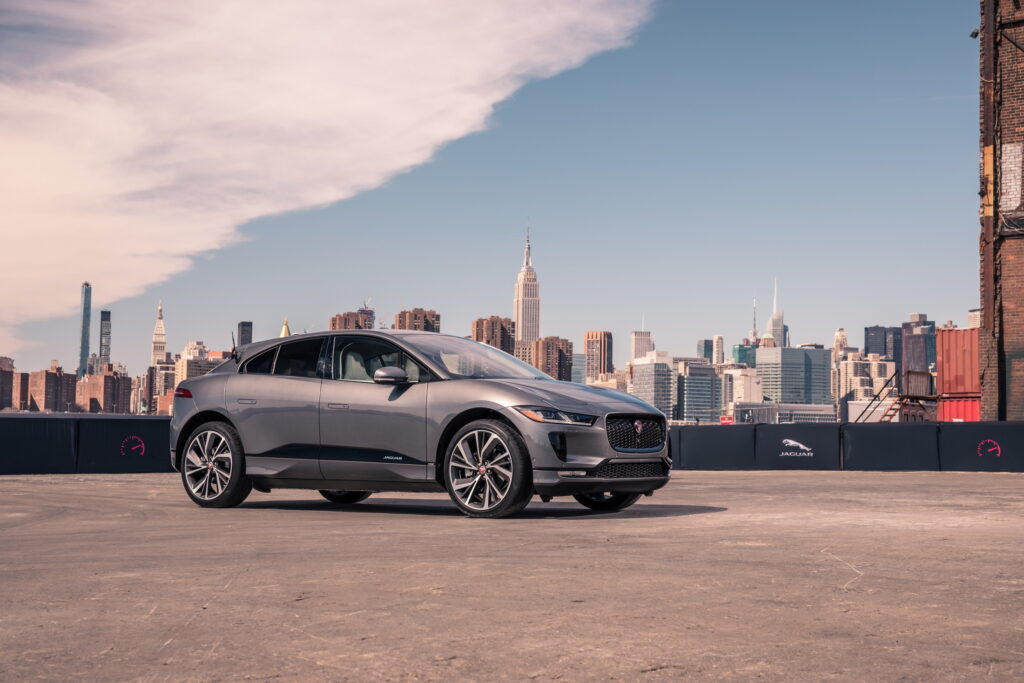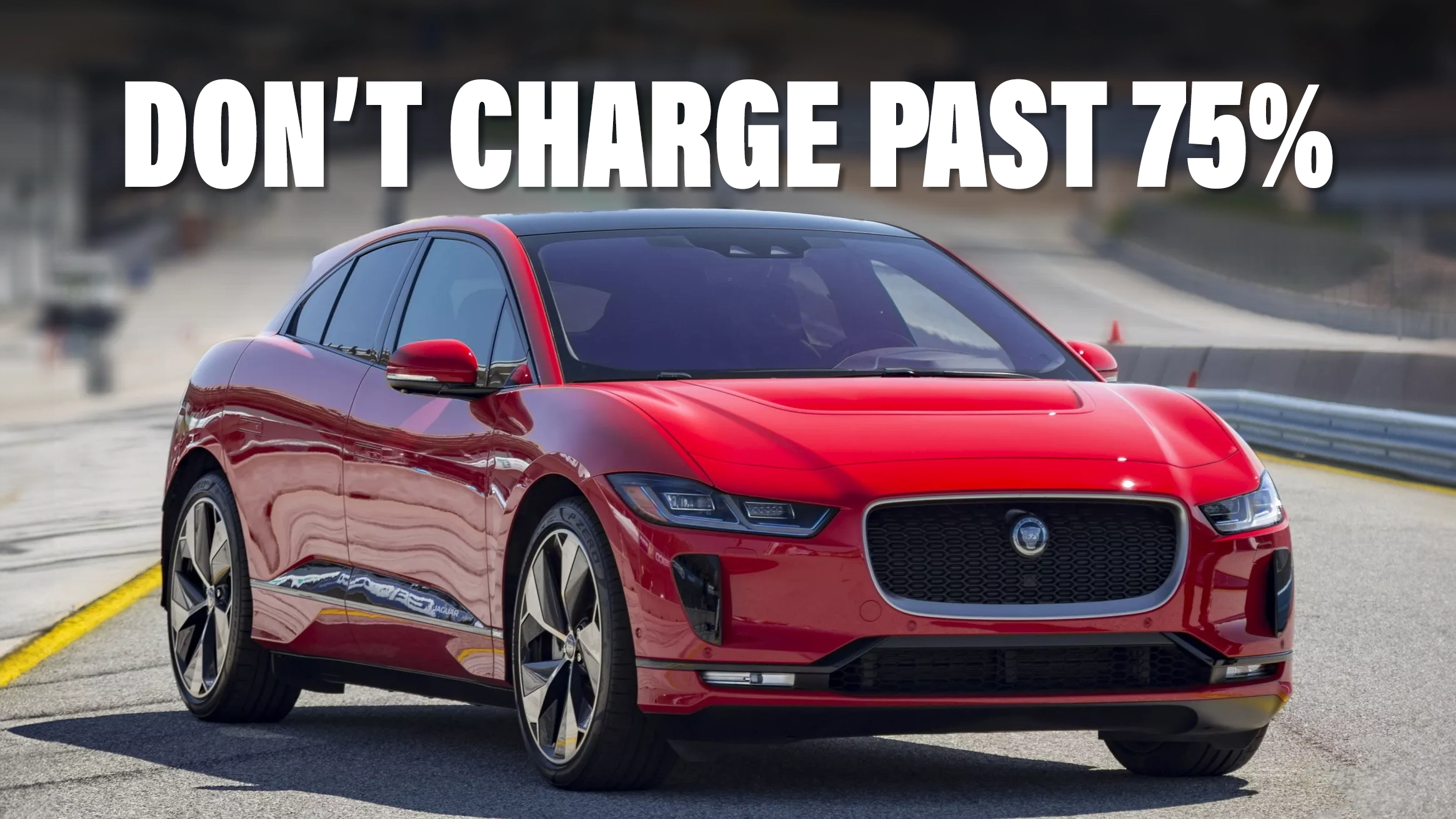A total of 258 I-Paces from the 2019 model years have battery faults that can trigger a thermal overload

As Jaguar continues to investigate the thermal issues that have plagued its first modern EV, the I-Pace, it has discovered a new issue that warrants a recall. The latest action targets every model made between June 6 and October 31, 2018, at Magna Stey’s Austrian Graz Vehicle Assembly Plant.
In all, 258 vehicles from that period were sent to the United States, and all were sold during the 2019 model year. Jaguar says that these examples are equipped with LG Energy Solution battery packs that are “exposed to multiple technical issues.” The automaker notes that “an elevated risk to safety exists on these pack [sic] that is above and beyond what was previously understood,” in past recalls.
The effect of those problems is that these batteries have a greater propensity for short circuits to develop in the cells. That then leads to heat build-up and, when the state of charge is over 85 percent, that can trigger a thermal overload.
Read: 21 Jaguar I-Pace EVs Recalled Again After Botched Recall To Prevent Battery Fire

That’s very bad news because that significantly increases the risk of a fire occurring, which is naturally a pretty major safety concern.
As a result of that, Jaguar recommends that owners not charge their I-Paces past a 75 percent state of charge, and that they only charge them outside. It also recommends that owners park outside and away from structures until a recall repair has been completed.
Unfortunately, the fix is still under development but, in documents filed with the National Highway Traffic Safety Administration, Jaguar reports that LG Energy Solutions requested the batteries packs be replaced completely.
Although the automaker claims that vehicles that have undergone a previous recall (which updated the I-Pace’s software) are less likely to experience thermal overload, it does not guarantee that they won’t. So far, Jaguar is aware of 61 claims and field reports of thermal events in I-Paces between August 23, 2021, and February 16, 2024.


